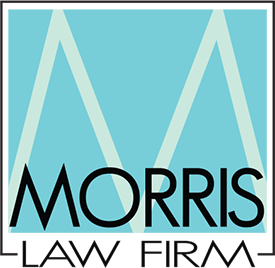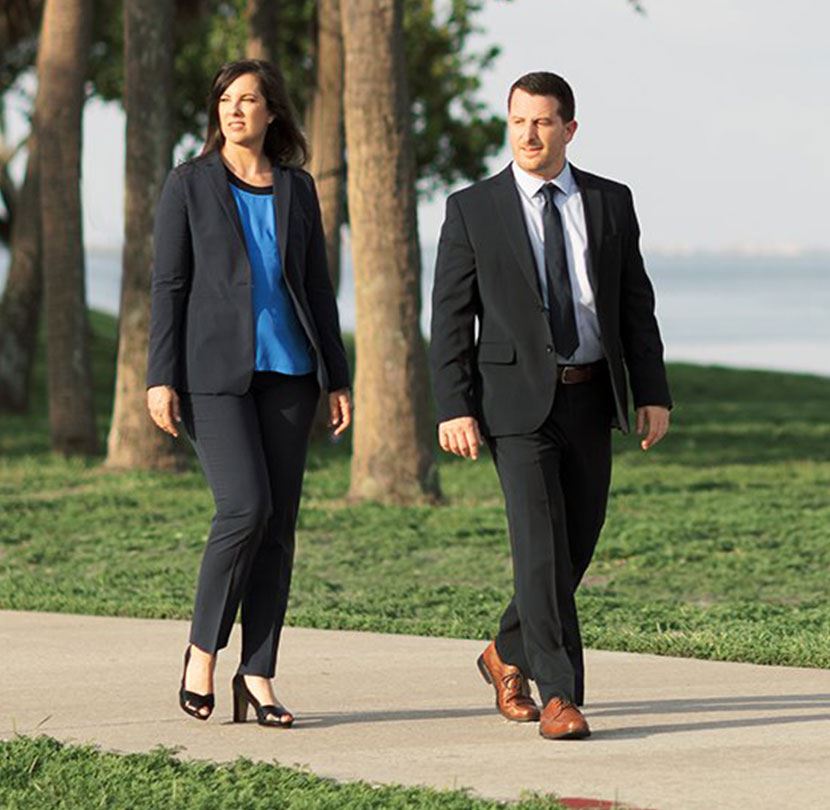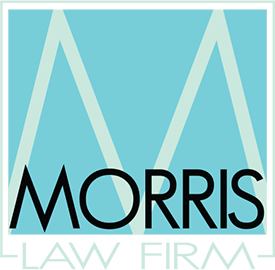DUI roadblocks and sobriety checkpoints are a common way for local law enforcement to find and identify drivers impaired by alcohol and/or drugs. These roadblocks are usually placed in locations where law enforcement officers believe their chances of success will be the highest in locating drivers impaired by alcohol and/or drugs. They are commonly set up on evenings when people attend parties or go out to bars and nightclubs as well as on weekends and national holidays. Often, these roadblocks are set up by law enforcement in coordination with country-wide crackdowns against drunk drivers backed by the U.S. Department of Transportation.
If you have been negatively affected by a DUI roadblock, you can turn to Morris Law Firm, P.A. These roadblocks must be conducted according to specific guidelines established by the state. If they are not, any evidence obtained can be suppressed through filing a motion with the court. Where successful, the motion would effectively eliminate the evidence. Our attorneys are well-versed in all aspects of Florida DUI law, including the standardized practices that must be followed by law enforcement at DUI roadblocks and sobriety checkpoints. We have decades of combined experience in successfully fighting DUI charges that were illegitimately obtained.
Wrongly charged with DUI in a DUI roadblock or sobriety checkpoint? Call Morris Law Firm, P.A. at (727) 388-4736 or contact us online to schedule your consultation. Available 24/7.
How Roadblocks are Conducted in Florida
Local roadblocks are set up with warning lights, cones, and signs along with police cars to outline where they begin. These roadblocks commonly block a whole road or route. When you pass through the roadblock, you are usually directed to slow down and queued into lines where you may be stopped so as to process you through the checkpoint. You are generally required to show your license, vehicle registration, and proof of insurance. While going through this process, the officer processing you will be looking for indicators of alcohol or drug impairment. These signs can include bloodshot eyes, the smell of alcohol, and/or slurred speech. Should these be apparent to the officer, it will be considered probable cause for you to take field sobriety tests.
If you fail at any of the field sobriety tests, you will be suspected of DUI and will be asked to submit to a chemical test. This usually involves a breathalyzer test that measures your blood alcohol concentration. If it measures .08 percent or higher, you are automatically deemed legally drunk. You will then be further detained and transported to jail to be criminally processed. You car will be towed and impounded.
Challenging DUI Arrests Stemming from Roadblocks
DUI roadblocks have been established as being constitutional. However, to ensure that they do not infringe on 4th Amendment rights, Florida’s specific guidelines must be followed for them to be totally legal. 4th Amendment rights pertain protect all individuals from being stopped without probable cause or without a search warrant. The procedures and practices that law enforcement must follow have been set up by the National Highway Traffic Safety Administration.
Some of these practices include but are not limited to:
- Drivers must be given advance warning of a roadblock.
- Demarcations that they are approaching a roadblock must be made obvious to drivers.
- The presence of law enforcement must be clearly visible.
- The roadblock must be set up so that drivers have the opportunity to avoid the checkpoint.
- Only properly trained police officers may conduct DUI investigations.
- The entire process needs to be applied uniformly to all drivers.
If it can be proven that the guidelines and practices were not adhered to, it may negate the consequences of a DUI arrest and charge. However, you will need an attorney who is well-versed in how roadblocks and checkpoints should be conducted and who can conduct an intensive investigation in how you were treated during any specific roadblock incident.
Effective Legal Representation from a St. Petersburg DUI Roadblock/Sobriety Checkpoint Lawyer
Our legal team has decades of combined experience handling DUI cases in Pinellas County, Hillsborough County, and the surrounding areas. We know what to look for, how to investigate, and how to build your case based on the evidence we gather and document. If you want to directly discuss your roadblock/checkpoint experience, we urge you to do so in a case evaluation with one of our attorneys. Let us assess your situation for your legal options and take appropriate action on your behalf when your rights have been violated.
Phone our offices at (727) 388-4736 to get started today.










